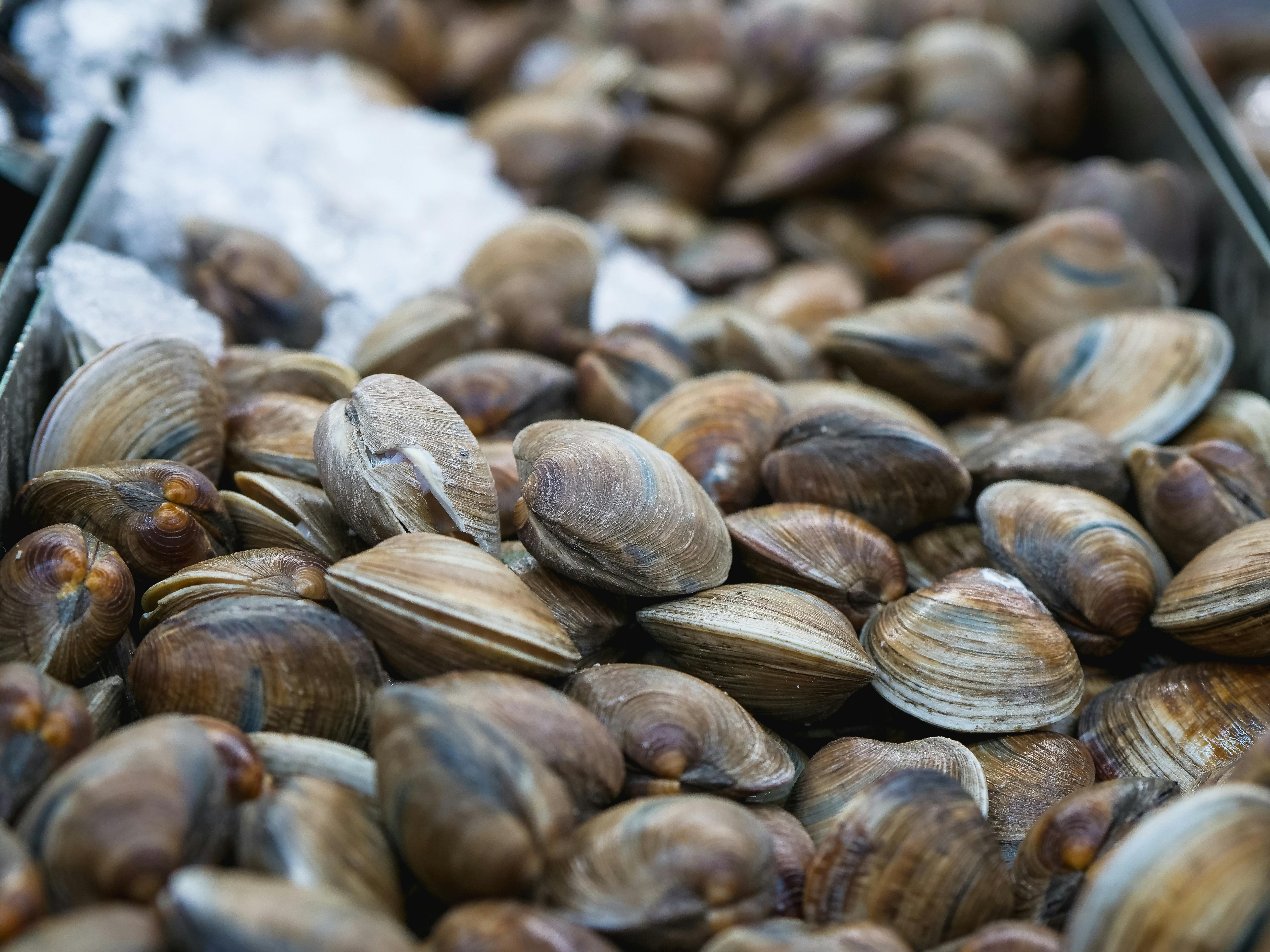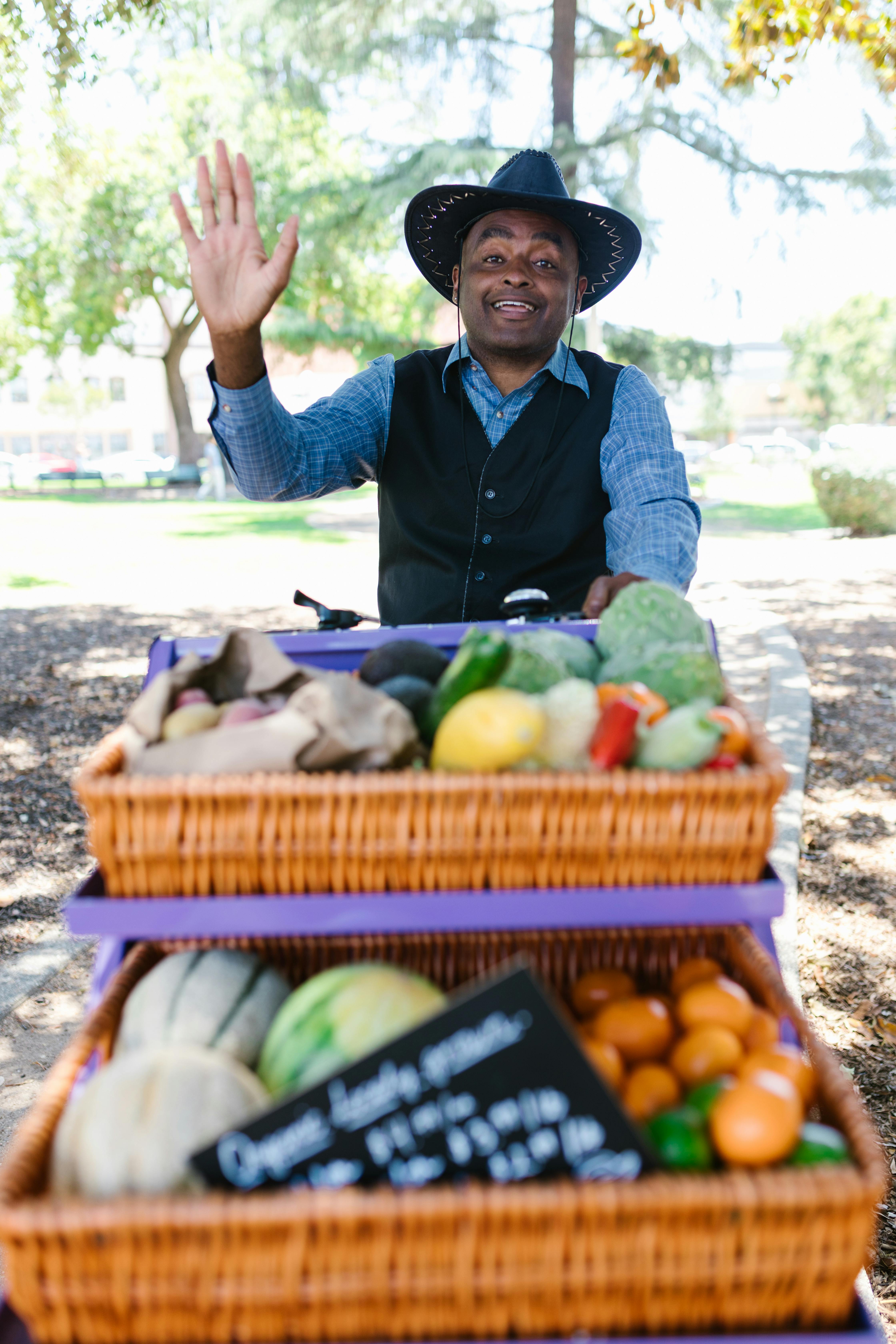Effective Ways to Optimize Maine Coon Diet for Health in 2025
Ensuring a proper Maine Coon diet is vital for their overall well-being. These majestic cats, known for their large size and playful personalities, require a balanced diet tailored to their nutritional needs. In this article, we will explore the best food for Maine Coons, discuss feeding schedules, and outline dietary requirements to help ensure your feline friends are healthy and happy in 2025.
Maine Coon Nutritional Needs
The Maine Coon nutritional needs vary significantly based on their age, weight, and activity level. To maintain their stunning coat and vibrant energy, it is crucial to provide a diet rich in high-quality ingredients. This includes adequate levels of protein, healthy fats, and essential vitamins. A high protein cat food is particularly beneficial for Maine Coons as it supports their muscle mass and overall vitality.
Understanding Protein Sources
Maine Coons thrive on a diet that features protein as the primary building block. Ideally, high-quality animal proteins should make up a significant portion of their meals. Excellent protein sources can include chicken, turkey, beef, and fish. When choosing a balanced diet for Maine Coons, ensure the food label highlights these primary protein sources to meet their dietary requirements.
Fats and Carbohydrates
In addition to protein, healthy fats are necessary for maintaining healthy skin and fur. Opt for cat foods that include Omega-3 and Omega-6 fatty acids. Carbohydrates should be included but limited, as Cats are obligate carnivores and do not require extensive carbohydrate intake. Monitoring the Maine Coon dietary fats in their food can prevent obesity and other health issues.
Vitamins and Minerals
Essential vitamins and minerals play critical roles in maintaining the health of Maine Coons. Calcium and phosphorus are vital for strong bones, while taurine, an essential amino acid, supports heart health. Regular consultation with your veterinarian can help tailor diets rich in these critical nutrients and ensure your Maine Coon vitamins and minerals are appropriate for their age and health status.
Maine Coon Feeding Schedule
A proper Maine Coon feeding schedule is essential for regulating calorie intake and promoting digestive health. Establishing a consistent feeding routine can support their metabolism and help maintain a healthy weight, which is particularly crucial for this large breed.
Feeding Methods
Many pet owners are often unsure about the best feeding methods for Maine Coons. You may choose between free feeding, where food is available throughout the day, or scheduled meals, offering food at set times. Portion control is critical regardless of the chosen method to prevent overfeeding. Structured feeding times can also enhance your Maine Coon's digestive health, reducing the risk of obesity and gastrointestinal problems.
Age-Specific Considerations
When establishing a feeding schedule, consider the age of your Maine Coon. Kittens have higher energy and nutrient requirements than adults, so their feeding should include specially formulated Maine Coon kitten feeding options. Senior Maine Coons may need a distinct diet tailored to their changing nutritional requirements. Consulting with your vet for age-appropriate recommendations can improve your cat's health and longevity.
Caloric Intake Monitoring
Monitoring the calorie intake for Maine Coons is vital, especially due to their predisposition to obesity. Maine Coons require roughly 20 calories per pound of body weight, but this can vary depending on activity levels. By carefully gauging their calorie intake alongside regular weighing, you can help manage a healthy body condition score, preventing unwanted weight gain or loss.
Maine Coon Dietary Requirements for Optimal Health
Understanding the Maine Coon dietary requirements is essential for fostering their overall health. Regular seafood and meat-based diets contribute significantly toward catering to their unique needs, while hydration is equally vital.
Hydration for Maine Coons
Ensuring that your Maine Coon is properly hydrated is often overlooked. A combination of wet cat food benefits, such as increased moisture content and palatability, can entice cats to drink more. Aim to provide plenty of fresh water daily and consider incorporating wets food, which can make a significant difference in their overall hydration and help prevent urinary issues.
Homemade Maine Coon Meals
For pet owners seeking control over their Maine Coon's diet, homemade Maine Coon meals can be a great option. These meals should include balanced proportions of proteins, fats, and carbohydrates tailored specifically for Maine Coon nutritional needs. However, it's critical always to include a nutrient supplement as homemade meals may lack certain vital nutrients, especially if cats switch from pre-packaged food.
Maine Coon Allergy Considerations
Many Maine Coons can suffer from food sensitivities or allergies. Recognizing signs of food allergies, such as itchy skin or gastrointestinal disturbances, is important for adjusting their diets. Regular veterinary consultations can help in identifying suitable alternatives, ensuring your Maine Coon remains healthy even with dietary restrictions.
Key Takeaways
- Prioritize high-quality protein sources in selecting food for your Maine Coon.
- Establish a consistent feeding schedule, adjusting for age-specific nutritional needs.
- Monitor calorie intake to prevent obesity through portion control.
- Ensure adequate hydration with both wet food and fresh water availability.
- Be aware of any dietary restrictions and sensitivities your Maine Coon may have.


FAQ
1. What are the main dietary needs of a Maine Coon?
The primary dietary needs of a Maine Coon include high-quality protein, healthy fats, and essential vitamins and minerals. These ingredients support their muscle development, coat health, and overall growth. A mix of wet and dry food, chosen wisely, can ensure they receive the well-rounded nutrition they deserve.
2. Is there a specific feeding schedule I should follow for my Maine Coon?
Yes, establishing a consistent feeding schedule is vital. Maine Coons thrive on routine, and providing their meals at the same times each day can help regulate their metabolism and weight. Depending on their age and needs, adults generally fare well with two meals a day.
3. What should I do if my Maine Coon has food allergies?
If you notice allergic reactions, consult your veterinarian. They may suggest a special dietary trial or recommend a food variety that is less likely to trigger allergies. Always introduce new diets gradually to minimize digestive disturbances.
4. Can I provide homemade meals for my Maine Coon?
Yes, homemade meals can be nutritious, but make sure they are balanced with proper nutrients. Consulting a vet or pet nutritionist is advisable to ensure that these meals meet all of your Maine Coon’s nutritional needs.
5. What's the best way to determine the right portion sizes for my Maine Coon?
Portion control can be determined by your Maine Coon’s age, weight, and activity level. It’s essential to refer to the feeding guide on your cat food packaging and adjust based on their specific needs. Regular visits to the vet to monitor their weight can also assist in perfecting portion sizes.
6. How do I transition my Maine Coon to a new diet?
When transitioning your Maine Coon to a new diet, do so gradually over about a week. Start by mixing a small amount of the new food with their current food, gradually increasing the new food while reducing the old. This process helps prevent digestive upset.
7. Are there any specific commercial food brands optimal for Maine Coons?
Many reputable brands cater specifically to Maine Coon dietary needs, usually emphasizing high protein and low fillers. Look for brands that offer age-appropriate formulas and consult with your veterinarian for specific recommendations suited to your cat's preferences and health needs.
